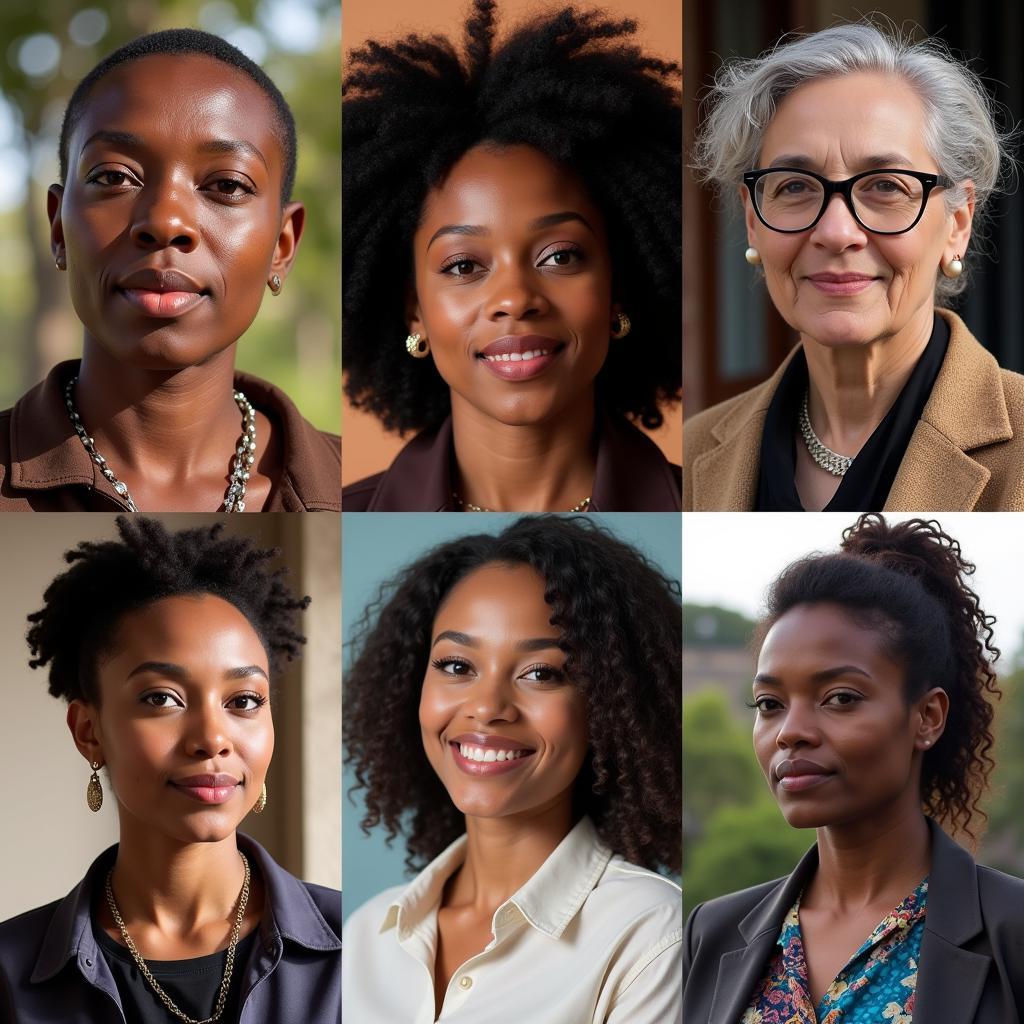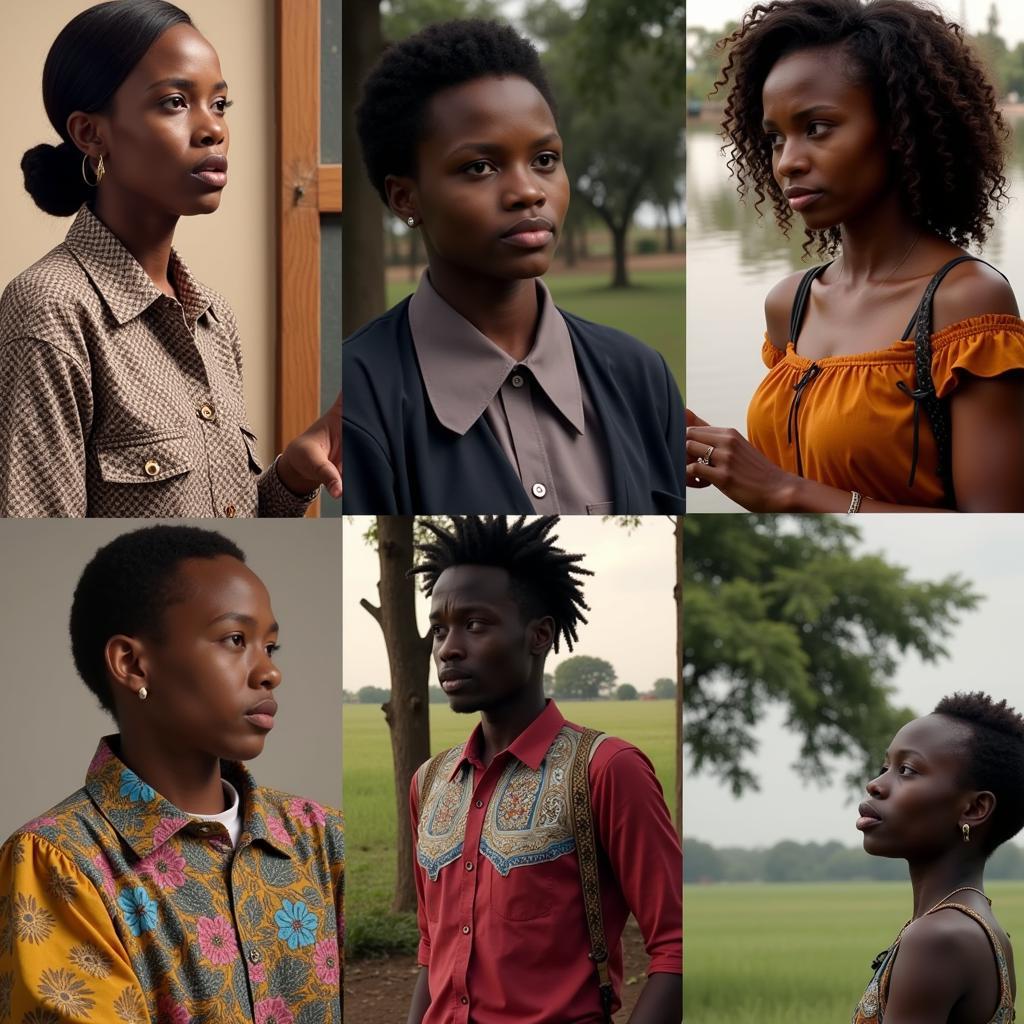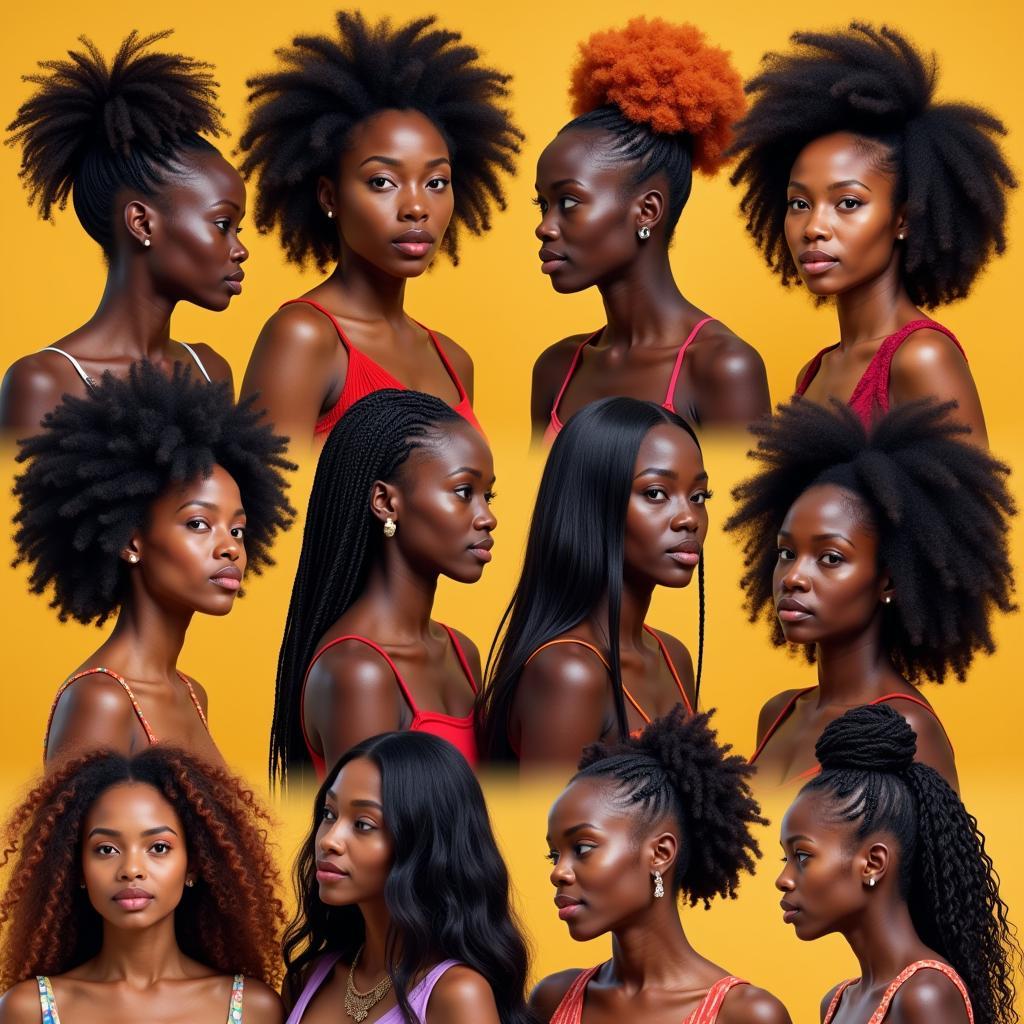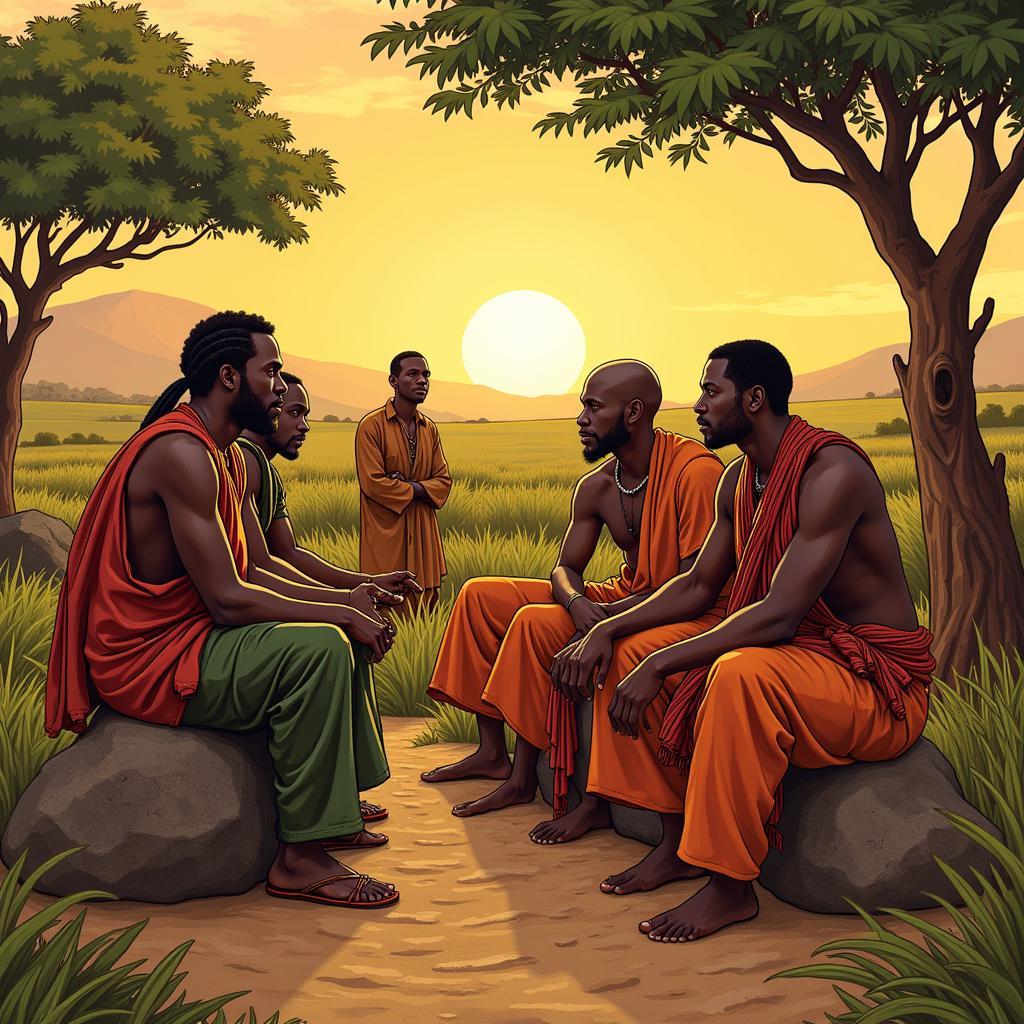African Cinema: Postcolonial and Feminist Readings
African cinema, born in the wake of decolonization, offers a powerful lens through which to examine the complexities of postcolonial societies and the diverse experiences of African women. Moving beyond stereotypical representations, African filmmakers have, since the late 20th century, engaged with themes of national identity, gender roles, cultural hybridity, and the legacies of colonialism. This exploration of African cinema delves into the multifaceted world of postcolonial and feminist perspectives within this vibrant cinematic landscape.
Decolonizing the Gaze: Challenging Colonial Narratives
For decades, African narratives were largely controlled by Western perspectives, perpetuating harmful stereotypes and distorting the realities of African Life. Postcolonial African cinema directly confronts these distorted images, reclaiming the power of self-representation.
Filmmakers like Ousmane Sembène (Senegal) and Djibril Diop Mambéty (Senegal), pioneers of African cinema, utilized film as a tool to critique the ongoing impacts of colonialism on African societies. Their films exposed the injustices faced by newly independent nations and challenged the dominant narratives imposed by the West.
The Female Gaze: Centering Women’s Voices
Feminist readings of African cinema highlight the crucial role women play both in front of and behind the camera. This section explores the diverse ways in which African women filmmakers navigate patriarchal structures, challenge traditional gender roles, and give voice to the often-marginalized experiences of women.
 Portraits of notable African women film directors
Portraits of notable African women film directors
Filmmakers such as Safi Faye (Senegal), Fanta Régina Nacro (Burkina Faso), and Wanuri Kahiu (Kenya), among many others, have been instrumental in this movement. Their films explore themes like female desire, domesticity, motherhood, and political agency, offering nuanced portrayals of women’s lives across the continent.
Interrogating Identity: Gender, Culture, and Nation
Postcolonial and feminist perspectives in African cinema intersect in their exploration of identity formation. This section examines how films engage with the complexities of navigating multiple, often conflicting, identities in a globalized world.
“The intersection of postcolonial and feminist thought allows us to see the multifaceted nature of identity construction in African cinema,” states Dr. Anika Adeniran, a scholar specializing in African film studies. “Films become spaces where characters grapple with the weight of historical legacies, societal expectations, and personal aspirations.”
 African film scenes highlighting themes of identity
African film scenes highlighting themes of identity
Conclusion
African cinema, through its postcolonial and feminist lenses, offers a powerful platform for social commentary, cultural preservation, and the celebration of African resilience. By engaging with these diverse perspectives, audiences can gain a deeper understanding of the multifaceted realities of the African continent and its people. As African cinema continues to evolve, its commitment to challenging dominant narratives and amplifying marginalized voices remains a testament to its enduring power and global relevance.


